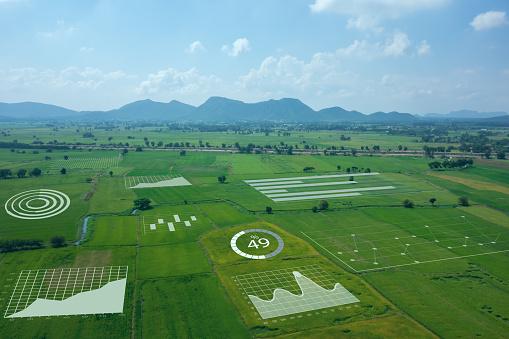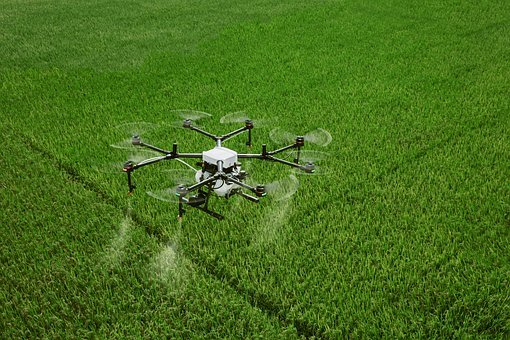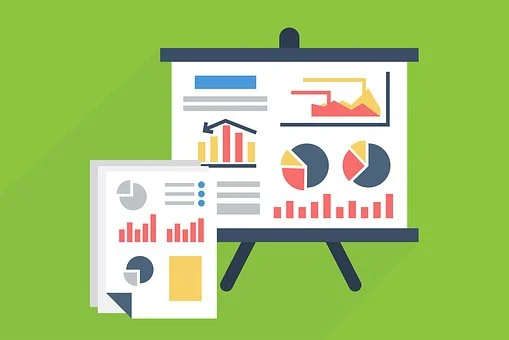The agriculture production system has evolved into a complex and challenging domain over time. However, the onset of digital innovations in the field has equipped the agriculture sector to address the needs of consumer society and effectively manage hurdles like climate change, soil erosion, ecological imbalance, and biodiversity loss.
Even in India, technological innovations are gaining momentum as they amplify the operational efficiency of the agriculture sector and provide real-time insights into agriculture and allied industries. Data and value-driven innovative strategies are also helping farmers to improve their skills, increase their yields sustainably and thus is a ray of hope for the Indian agriculture domain.
Significant innovations in Indian Agriculture Domain
Innovative farming practices are accelerating agriculture around the globe, and the shift to technology-assisted practices have helped farmers quickly access agricultural resources globally. Innovative approaches have also introduced new ways of deploying farming practices and made agriculture more resilient. Some of the key digital transformations that have accelerated the Indian agriculture value chain are:
- Precision Farming
- Choose crops based on the sustainability of the land
- Reduce the cost of production
- Use resources precisely
- Reduce waste
- Optimise fertilisers and pesticides
- Minimise environmental consequences
- Seed care
- Introduction of Internet of Things (IoT)
- Data analytics

Precision farming refers to the adoption of a refined set of practices that uses technology to cater to the requirements of the agricultural sector. It saves both time and money for the farmers and ensures better production.
Moreover, it helps farmers to:

With improved seed care and preservation using technology, there has been a systematic increase in the production of superior seeds and efficient distribution among farmers. Farmers also have been made aware of the benefits of native seeds that are climate and pest-resilient. Proper seed care also ensures the preservation of genetic diversity and provides better yields.

The introduction of IoT into agriculture has benefited farmers in several ways. While automated systems provide early warning if there is any deviation from standard growth patterns, accurate weather predictions help boost irrigation.
Also, aerial images from satellites and drones, weather modelling, and soil sensors are assisting farmers in monitoring soil quality and moisture. Further, they also help in deciding the chemical application and managing crops in real-time.

The use of data analytics enables users to be more strategic and precise in inputs. Big data improves the efficiency of farming by helping farmers find the right market and compare market prices. This also makes the food supply chain transparent and enables the farmers to reap profits. Data analytics also helps farmers understand the global pulse of agricultural production and tailor their products based on the demand.
Augmenting the Future of Agriculture through AI-innovated Technology

In a nutshell, smart farming practices and impeccable technological innovations are transforming agriculture across the country. The digital revolution in the agriculture domain is ensuring proper use of agriculture inputs, climate resilience, maintenance of healthy soil, production of better crops, as well as fair market access and income for the farmers. Thus accelerating and scaling up innovations in the agriculture sector can help India look forward to a more sustainable future.
Connect with Half Land, a one-stop technology-enabled solution for Indian farmers and consumers to sell and buy the best agro products.
Read More Links
- “India Agricultural Platform” could transform India’s agriculture within a decade (dqindia.com)
- Agriculture Industry in India: Growth and Opportunities (imarcgroup.com)
- Enabling data access to support innovation in decision agriculture: soil health, agronomy and fertilizer - CABI.org/
- Rainfed Area Development (RAD)
